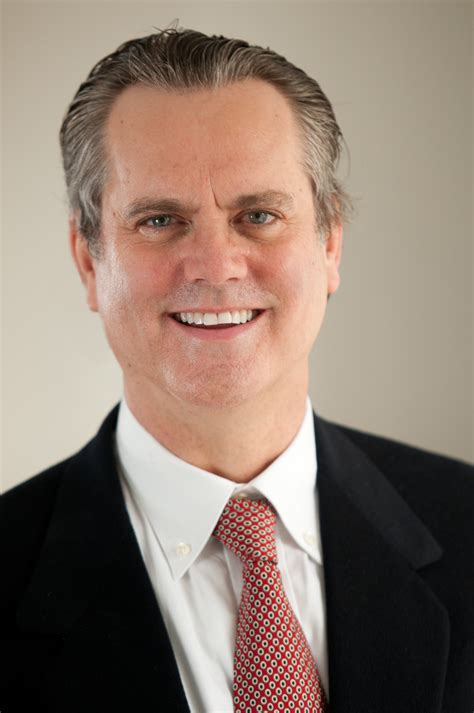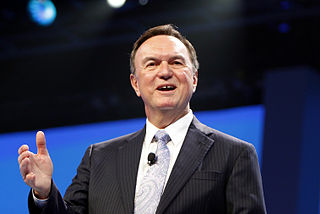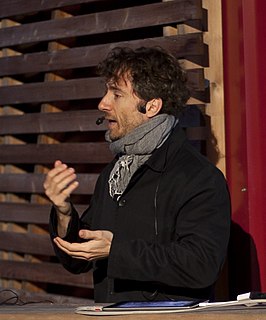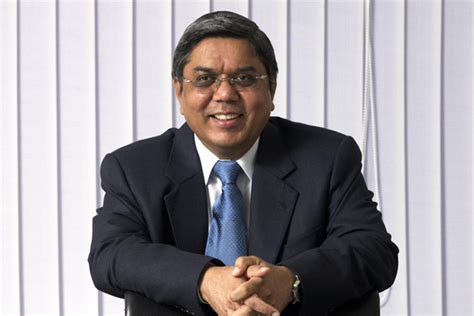A Quote by Michael Porter
America used to be a uniquely productive, low-cost place to do business. We had efficient infrastructure. We had limited regulation. We believed in the market.
Related Quotes
I spent my whole career thinking about risk, markets, infrastructure, and regulation. I had seen the financial crisis unfold, and I had seen the credit derivatives market get operationally ahead of itself, which resulted in systemic risk counterparty exposures. I began to believe that distributed ledgers had the capability to tackle that problem.
In America, you keep on hearing productivity is low; secular stagnation, it's a new normal. It's just not true: We've had multiple wars; we're not educating our kids. We had government shut downs, badly-spent money, failures in the health system, failures and an extreme amount of regulation - that's why we're going slow.
Jack believed in something—he believed in white witches and sleighs pulled by wolves, and in the world the trees obscured. He believed that there were better things in the woods. He believed in palaces of ice and hearts to match. Hazel had, too. Hazel had believed in woodsmen and magic shoes and swanskins and the easy magic of a compass. She had believed that because someone needing saving they were savable. She had believed in these things, but not anymore. And this is why she had to rescue Jack, even though he might not hear what she had to tell him.
An old market had stood there until I'd been about six years old, when the authorities had renamed it the Olde Market, destroyed it, and built a new market devoted to selling T-shirts and other objects with pictures of the old market. Meanwhile, the people who had operated the little stalls in the old market had gone elsewhere and set up a thing on the edge of town that was now called the New Market even though it was actually the old market.
And having thoughtlessly polluted our streams and rivers, we have seen in recent years a rapidly growing market for bottled drinking water. I am sure that some will say that a rapidly growing market for water is "good for the economy," and most of us are still affluent enough to pay the cost. Nevertheless, it is a considerable cost that we are now paying for drinkable water, which we once had in plentiful supply at little cost or none at all. And the increasing of the cost suggests that the time may come when the cost will be unaffordable.
In the pre-capitalist world, everyone had a place. It might not have been a very nice place, even maybe a horrible place, but at least they had some place in the spectrum of the society and they had some kind of a right to live in the place. Now that's inconsistent with capitalism, which denies the right to live. You have only the right to remain on the labour market.
In the mid to late nineteenth century, the gun manufacturers recognized that they had a limited market. Remember that this is a capitalist society, you've got to expand your market. They were selling guns to the military. That's a pretty limited market. What about all the rest of the people? So what started was all kinds of fantastic stories about Wyatt Earp and the gunmen and the Wild West, how exciting it was to have these guys with guns defending themselves against all sorts of things.


































